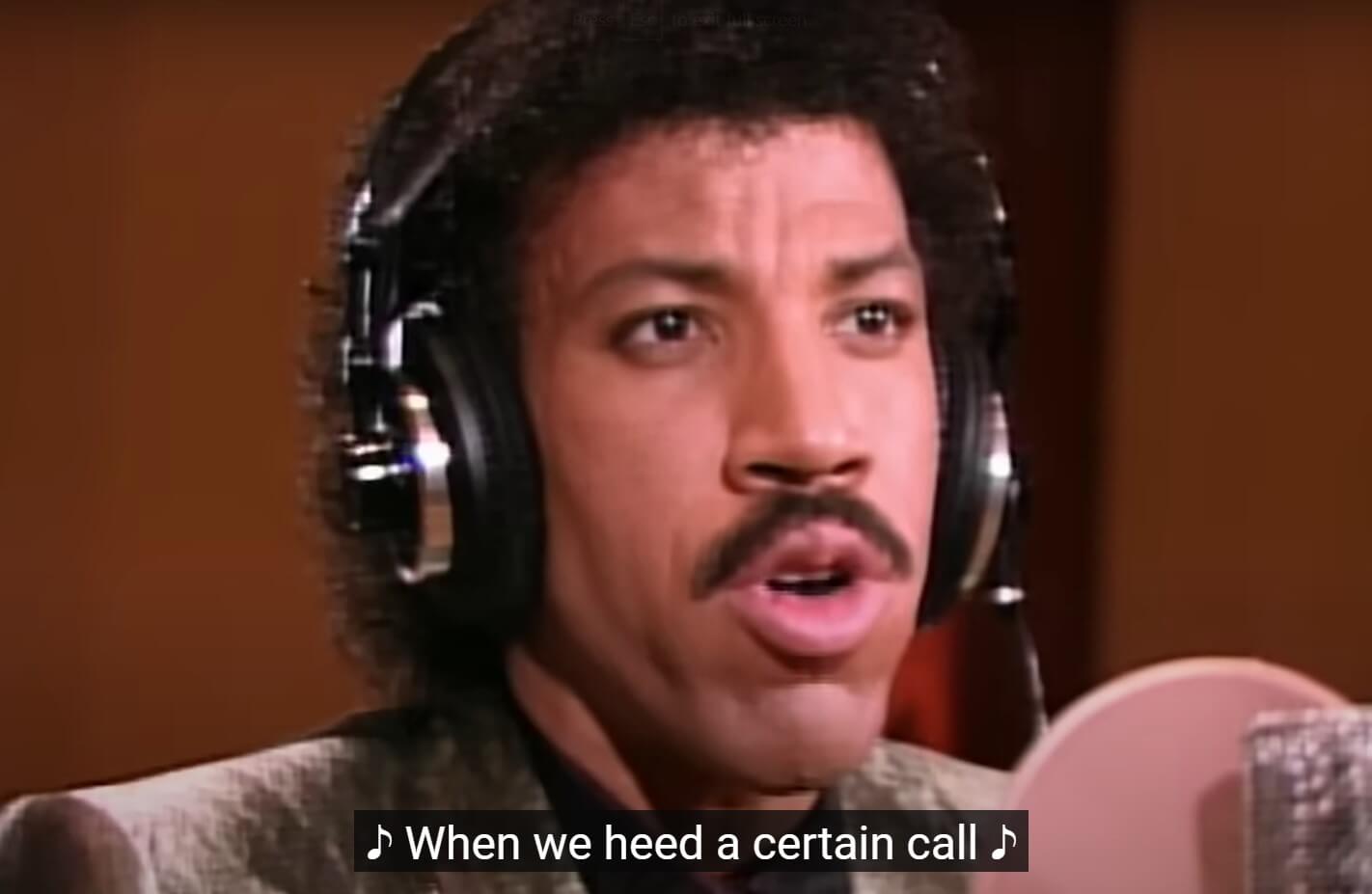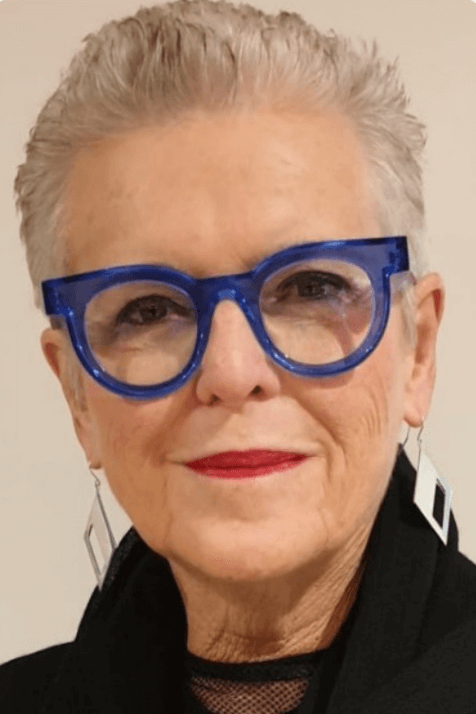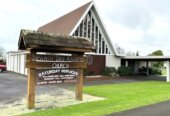
Murray Smith
Recently I enjoyed watching the 1985 music video of the song “We Are The World”. This collaborative effort by ‘United Support of Artists for Africa’ (usaforafrica.org) showed what can happen if motivated people unite for a common purpose.
More than 45 artists came together in a spirit of unity doing what they do best. (Amazing for creatives). It features conductor-songwriter Quincy Jones, Michael Jackson, Lionel Richie, Billy Joel, Bob Dylan, Bruce Springsteen, Dan Akyroyd, Kim Carnes, Cyndi Lauper, Paul Simon, Willie Nelson, Kenny Rogers plus dozens of other superstars.
“We Are The World” raised over $100 million to relieve famine in Africa. Its lyrics struck a chord in countless millions of hearts and I think highlighted the deep longing to make positive things happen together, through harmony and unity.
“There comes a time, When we heed a certain call, When the world must come together as one…”

Lionel Richie. Photo: You Tube
I long to see us coming together as ‘one’ in Aotearoa New Zealand.
After several years with issue after issue creating division and divergent opinions pushing New Zealanders apart, the aggressive rhetoric of the last election campaign capped off the sense of injury felt by Māori and non-Māori alike.
Thus it was, at the end of last year, Kīngi Tūheitia issued a royal proclamation calling for a hui-ā-motu, or national hui, “to unify the nation” at Turangawaewae Marae. Initial estimates were that around 3000 might attend the Ngāruawāhia gathering on January 20. But the call grabbed the hearts of Māori (and many Pakeha), as something really significant. The result – approximately 10,000 people attended.
“Unifying the nation” was something that resonated enough to galvanise hearts and minds of iwi after iwi…from Ngāpuhi in the north to Ngāi Tahu in the south, they came…significantly, those iwi who don’t see Kīngi Tūheitia as their king responding. Māori united to stand as one and support one another in the face of their challenges and desire to be heard and understood. This hui offered a sense of hope that through listening, there might be a way forward which could advance better understanding of the Treaty of Waitangi, to see it implemented and engrafted as it was intended.
In a polarised world, listening respectfully to one another really matters. By all accounts the hui showed a commitment to that. Accepting the viewpoint of others, does not mean wholesale embracing their ideas, neither is tolerating the thoughts of others that diverge from our own, tantamount to agreement. Unity accommodates diversity.

Jenny Shipley
Jenny Shipley was at the hui and said, ‘…the concept of national unity, while it’s elusive, is an enormously important ambition…’
Is unity really that ‘elusive’? Disunity, the alternative, is perpetuated when we refuse to ‘heed the call’ to resist prideful arrogance, believing we have the ‘inside track’ on everything. Could a culture of humility and forgiveness undo the emerging culture in New Zealand of rejecting views other than our own, each retreating to our isolating silos of ‘rightness’?
A Biblical Psalm proposes, ‘How good and pleasant it is when people live together in unity.” Significantly, it concludes, “For there the Lord bestows His blessing, even life forevermore.”









